Japan
Nagasaki is marking the U.S. atomic attack on the southern Japanese city 80 years ago and survivors are working to make their hometown the last place on earth hit by the bomb.
The atomic bomb dropped by the United States on Nagasaki on Aug. 9, 1945, killed some 70,000 people, three days after the bombing of Hiroshima killed 140,000. Japan surrendered on Aug. 15, 1945, ending World War II and the country’s nearly half-century of aggression across Asia.
About 2,600 people, including representatives from more than 90 countries, attended a memorial event Saturday at Nagasaki Peace Park, where Prime Minister Shigeru Ishiba spoke. At 11:02 a.m., the exact time when the plutonium bomb exploded above Nagasaki, participants observed a moment of silence as a bell rang.
Dozens of doves, a symbol of peace, were released after a speech by Nagasaki Mayor Shiro Suzuki, whose parents are survivors of the attack. He said the city’s memories of the bombing are “a common heritage and should be passed down for generations” in and outside Japan.
“The existential crisis of humanity has become imminent to each and every one of us living on Earth,” Suzuki said. “In order to make Nagasaki the last atomic bombing site now and forever, we will go hand-in-hand with global citizens and devote our utmost efforts toward the abolition of nuclear weapons and the realization of everlasting world peace.”
A memory transmitted
Aging survivors of the attack and their supporters in Nagasaki now put their hopes of achieving nuclear weapons abolition in the hands of younger people, telling them the attack is not distant history, but an issue that remains relevant to their future.
The number of survivors has fallen to 99,130, about a quarter of the original number, with their average age exceeding 86. Survivors worry about fading memories, as the youngest among them were too young to recall the attack clearly.
Nagasaki hosted a “peace forum” on Friday where survivors shared their stories with more than 300 young people from around the country. Seiichiro Mise, a 90-year-old survivor, said he is handing seeds of “flowers of peace” to the younger generation in hopes of seeing them bloom.
Survivors are frustrated by a growing nuclear threat and support among international leaders for developing or possessing nuclear weapons for deterrence.
They criticize the Japanese government’s refusal to sign or even participate in the Treaty on the Prohibition of Nuclear Weapons because Japan, as an American ally, needs US nuclear possession as deterrence.
In Ishiba's speech, the prime minister reiterated Japan’s pursuit of a nuclear-free world and pledged to promote dialogue and cooperation between countries with nuclear weapons and non-nuclear states at the Non-Proliferation of Nuclear Weapons review conference scheduled for April and May 2026 in New York City. Ishiba, however, did not mention the nuclear weapons ban treaty.




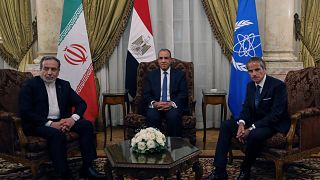
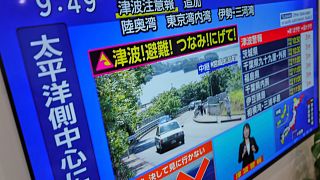
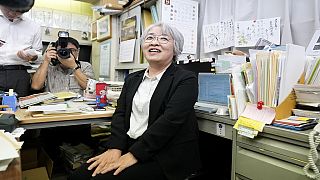
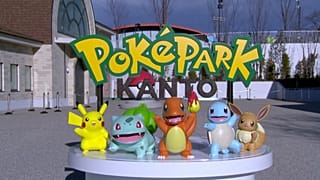
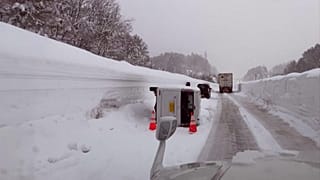
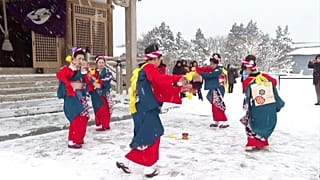
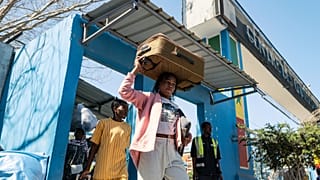
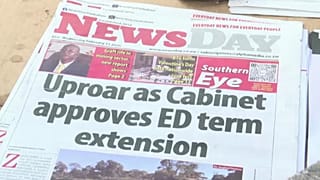
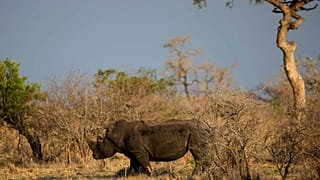
01:44
Iran says 'good start' made in talks with US over nuclear programme
01:00
National day of mourning for 40 killed in Crans-Montana fire
01:07
Russia's President Putin readies to resume nuclear weapons testing but only if US does so first
01:17
Donald Trump orders US military to resume nuclear weapons testing
01:00
WATCH: Kyiv holds ceremonies for Independence Day and fallen soldiers
01:00
Prague commemorates 1968 Soviet-led occupation of Czechoslovakia